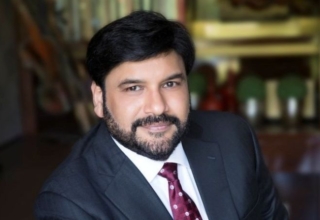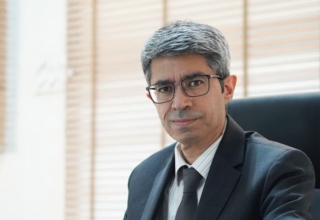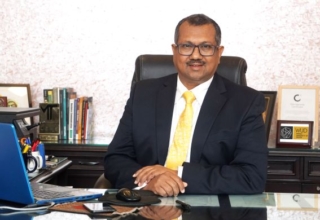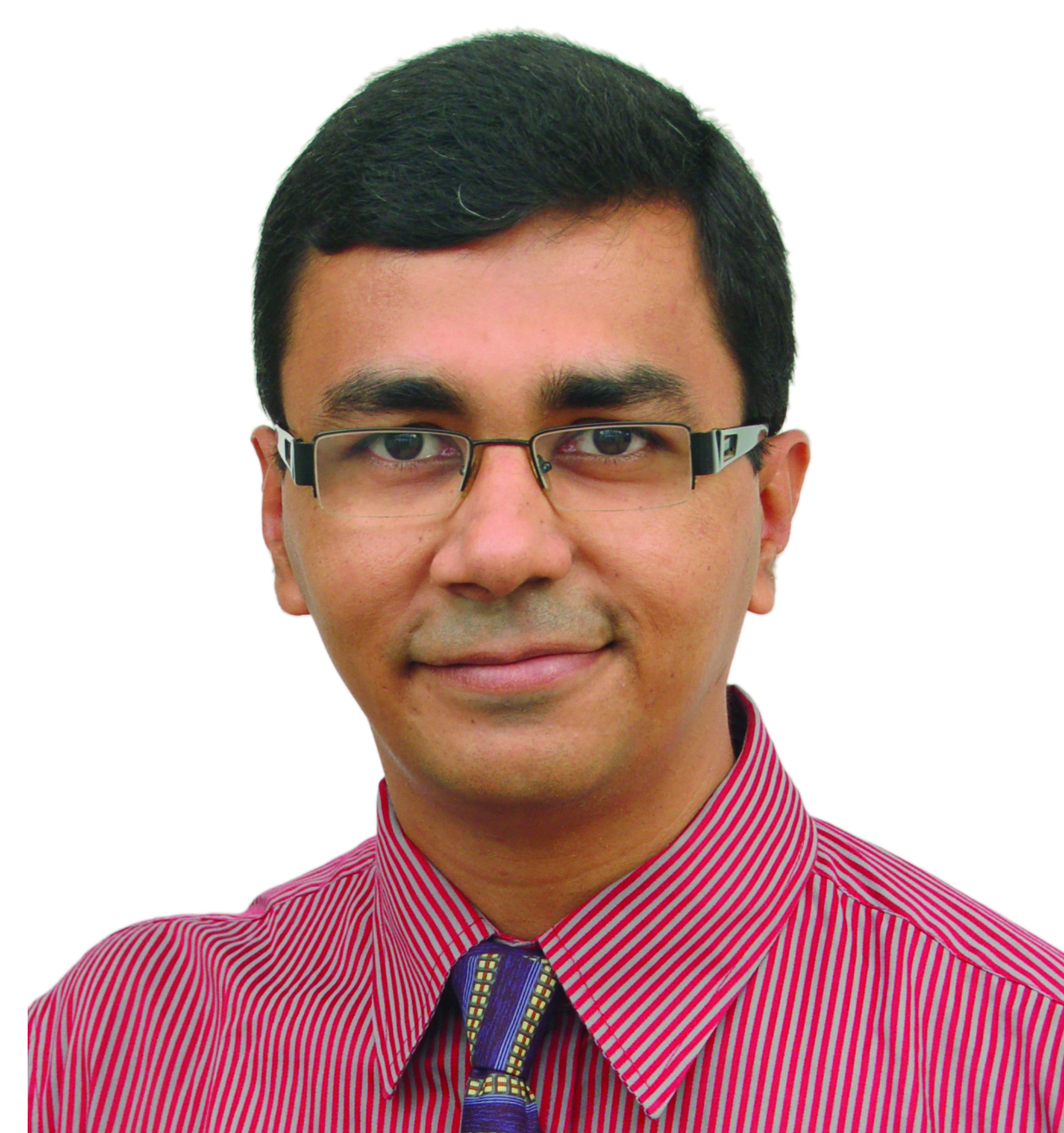
Interview: Jay Shah, Co-founder & Joint Managing Director
 After being bruised by the dotcom bubble burst in 2000s, Jay Shah, then an IT sales and marketing professional, dabbled into sports for some months which resulted in a successful sports camp by him for children. For more than a decade, he continued experimenting and understanding the needs of people in sports education and gradually moved to form the sports Education Company called Sports Gurukul Pvt Ltd with his close friend Paresh Kothari, a former investment banker. Today, Sports Gurukul is a leading name in its genre offering its sports + fitness program in 200 schools across India. Autar Nehru spoke with Jay Shah on his extraordinary journey and the much interested physical education program of his company.
After being bruised by the dotcom bubble burst in 2000s, Jay Shah, then an IT sales and marketing professional, dabbled into sports for some months which resulted in a successful sports camp by him for children. For more than a decade, he continued experimenting and understanding the needs of people in sports education and gradually moved to form the sports Education Company called Sports Gurukul Pvt Ltd with his close friend Paresh Kothari, a former investment banker. Today, Sports Gurukul is a leading name in its genre offering its sports + fitness program in 200 schools across India. Autar Nehru spoke with Jay Shah on his extraordinary journey and the much interested physical education program of his company.
Jay, you didn’t have a sports or education background and yet you ventured into this kind of sports education? How did this happen?
I always aspired to do something in sports as I didn’t get an opportunity in my school days. So after I lost my job as dotcom world crashed, I thought it is the time to give this aspiration a try. After organizing a camp, I got more involved and gradually researched my way to be in sports arena. The real push as well as direction came in 2010, when my business plan was selected amongst the top 40 (among 16,000+) business ideas across India at the Economic Times Power of Idea Contest 2010. This led do a training program at IIM (A) and a grant of Rs 5 lakh from the Department of Science & Technology. We realized that we need to work at grassroots and schools were the places where children spent maximum years because there was a huge gap there. There is no standard curriculum, no assessment and a huge shortage of trainers. With addressing this challenge and creating a sports culture, we started working on schools. In 2012, we created this company to launch this initiative.
How did Paresh (Kothari) got into this venture with you?
He is a close friend and had a flourishing career as an investment banke. So, when I took his help in planning, he got excited in the process at the huge situation that lack of sports culture has given rise to. Though the activity we are in requires a lot of hard work and effort but as it is for worthy cause to bring about a change, he decided to co-found and run this venture with me.
Good. Now let’s talk about the solution if I must say you offer through Sports Gurukul?
Ours is basically a complete physical education program, a scientifically researched one straight from USA. We have an exclusive tie-up with US-based publisher Human Kinetic’s Fitness For Life (FFL) program. We offer schools a complete package wherein we provide a curriculum based on FFL, trainers, assessment and a huge bank of sporting and fitness equipment. The aim is to provide a systematic solution to schools where physical fitness and sports become just like other subjects practically for all purpose. We do six-monthly assessment and provide students fitcards. This leaves schools to focus on academics while we help schools run physical education program.
There are several companies offering similar kind of programs, so what differentiates you from them?
Yes, of late there are similar companies who offer this kind of sports education solutions. That is good and we welcome those doing a good job as India is a vast country and gaps are bigger. Having said this, the strong point of our program is it’s scientific and research backing. It is being run across 3000 schools in USA. Then we have internationally renowned senior professors and practitioners, who guide us. Perhaps the biggest high point in our case is the intensive pedagogy training that our trainers undergo before they are inducted in a school. Our core team members undergo 150 hr intensive training for over 15 days following which they are certified only after qualifying the assessment. We ensured they are able to deliver the program. As we have a huge deficit of trained teachers, we are trying to fill this gap.
You are saying that you provide trainers as part of the package, but what if a school already has a physical education teacher?
The graduates (Bachelor of Physical Education) who have trained with us say that they never came across this kind of training during all their four years of university education. Our trainers need to transact our program to its full objectives. So, we have train the trainer program for existing teachers. We assess them and if we feel there is need of training we recommend it. Our training program is based on NAPSE ( National Association for Sport and Physical Education) standards. . Our motive is empowerment of the trainer. We are also planning to set up a training facility in near future, so that we have job ready trainers for schools.
There is another thing that most sports education companies do and that is association with sportsmen of repute or celebrities. What about you?
Yes we also do this strategically. Our philosophy is that as a country which lags so much behind in sports culture, we needn’t reinvent wheel. Instead we bring in world class model here and adopt them to our conditions. This is where we bring fantastic partners to complete our offering to schools. In football we have tied up with Maradona football academy junior, in tennis with Australasian Academy of Tennis Coaches (AATC) and in swimming with Michael Phelps Swimming Academy.
At the same time, we also take services of our own great sports persons. For instance, in Cricket, we have Balwinder Singh Sandhu, a member of 1983 World Cup winning squad, who brings with him years of experience.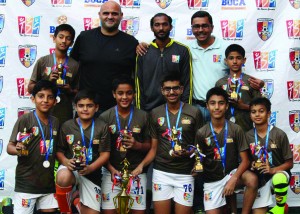
How do you deploy your program in schools? And what is the cost for it?
As I said already, we provide a complete package which includes certified coach, equipment, curriculum licence, assessment and audit. It is provided on per student/month basis. Normally it works to be Rs 150 a month per students for 400 student cluster with one trainer. If the number of students increases, there will be a corresponding drop in this fee and the number of coaches will go up accordingly.
You said that yours is a physical education program, how does it nuture sports talent?
We operate on two-level model. One is for masses that is all school children where we provide basic training and some level of excellence in sports and the other is after school coaching for those desirous of pursuing sports as profession. I can put it in simple terms like if there are 10 levels in life journey of a sports person, our program takes him to say 7 levels where he can participate in inter-school or inter district or state tournaments. We create sports community centre in our schools depending on sports infrastructure there. Those showing promise or wishing to receive coaching in particular sports are recommended respective academies and there are lots of them. Down the line, we may also get into this but at the moment we are focused on creating sports and fitness culture at bottom of pyramid. Because we strongly feel that we need to focus there, tell children the importance of sports in life, create champion sports persons and widen the base for a sports culture in the country.
Having listened to you, one would also like to know if you also organize sports competitions.
Yes we do organize inter school premier league tournament although at present it is limited to four cities but we will gradually take it to more cities. There are tournaments on district level and upwards but very few get opportunity to participate. As a contrast, we try to provide more opportunity and fair environment for our students to have a feel of competitive sports. We want them to learn to win and lose; jump back and come back because that spirit is important for leading a future good life.
Can you elaborate on the last statement you made?
In this age of instant fame due to TV (reality shows), lot of children think success is also instant. They are demotivated from sports. The comparative world puts them off. We will not be able to unleash sports culture in the society unless children are excited and remain connected to sports. So, we need to provide them opportunities and show them the importance of sports in our lives.
You have been near children for all these 14 years or so at grassroots. Do you have get an instinct feeling that India’s Olympic showing will improve anytime soon?
My personal view is that from now on, it will be the second or third Olympics that India will make an impact because success in Olympics goes through a process. And unless sports doesn’t become an industry in the country, it will be a difficult proposition. Government is taking proactive initiatives, we need policies district wise, we need funds. We need to create monetizing opportunities so that money comes into sports. Coaching and travel expenses are huge in sports and parents find it difficult to bear. Sports excellence can’t come from stories where parents have mortgaged property to get their children coached. These may be stories of courage and sacrifice but sports culture don’t need to come like that. But one thing is there we are getting there. The mindset of children is changing and that will push up things.
Your future plans?
We will like to have 1000 schools in the next five years and expand both horizontally to more cities and vertically into training of coaches and providing professional after school coaching. But our primary focus will remain on grassroots. We also expect more state governments after Gujarat to fund school fitness programs and expand a window where companies like us can reach and teach more children.






